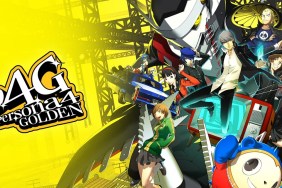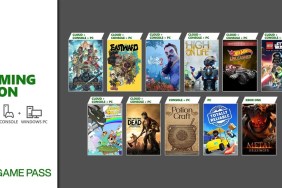Between a rock, and more rock!
Certain things look silly doing them by yourself: finger-tapping a table to a random beat, strumming a fake guitar, singing as you’re walking down the street. Especially if people are around and you’re just running into them. But do these as a group and they strangely become acceptable… most…
-
Best co-op multiplayer ever
-
Three games in one but better
-
Strong tracklist
-
General improvements on Guitar Hero formula
-
Average online mode
-
Unreliable peripherals











